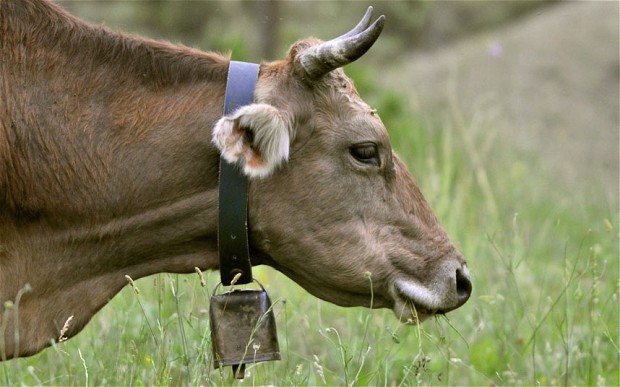Video assistant refs not mandatory
Sikhumbuzo Moyo, Senior Sports Reporter
THE International Football Association Board (IFAB) has allayed fears that the use of video assistant referees (VARs) will be mandatory, saying this would have proved expensive for poor federations.
There had been fears the new technology, presently on trial at the ongoing Fifa Confederations Cup in Russia, would be forced on poor countries, making football an elitist sport.
In an emailed response to Chronicle Sport inquiries yesterday, the IFAB allayed those fears and said a final decision on whether or not VAR would be mandatory was yet to be made.
“The use of VARs is on a voluntary basis, not mandatory. The current trials are focusing only on testing how VARs could be used in the future.
“Once the experiment is over and the final decision is taken whether or not VARs are allowed, competitions, leagues, national football associations etc. are free to decide whether they can, want and are economically able to introduce the concept.
“Surely, this will not be possible everywhere in the world — for various reasons. Not only from an economic perspective,” said the IFAB.
The experiment to use VAR was approved during IFAB’s 130th annual general meeting on March 5 last year.
The philosophy is to ensure that the referee (not the VAR) is the key match official. The referee will always make a decision (except a “missed” usually “off the ball” incident), including the decision that no offence has occurred.
The referee’s decision can only be changed if the video review shows a clear error, i.e. not “was the decision correct?”
National FAs and competitions are only permitted to take part in experiments (or use VARs) with the permission of the IFAB. Permission will only be granted where The IFAB protocols will be used in full and the IFAB’s referee-VAR education and technical requirements have been fulfilled.
The experiment limits the use of VARs to four categories of match-changing decisions/incidents which are goals/ no goal decisions, penalty/ no penalty decisions, direct red cards (not 2nd yellow cards) and mistaken identity.
IFAB is made up of world football’s governing body Fifa and the four British home football associations (England, Ireland, Scotland, and Wales) and is responsible for making the final decision on law changes.
@skhumoyo2000









Comments